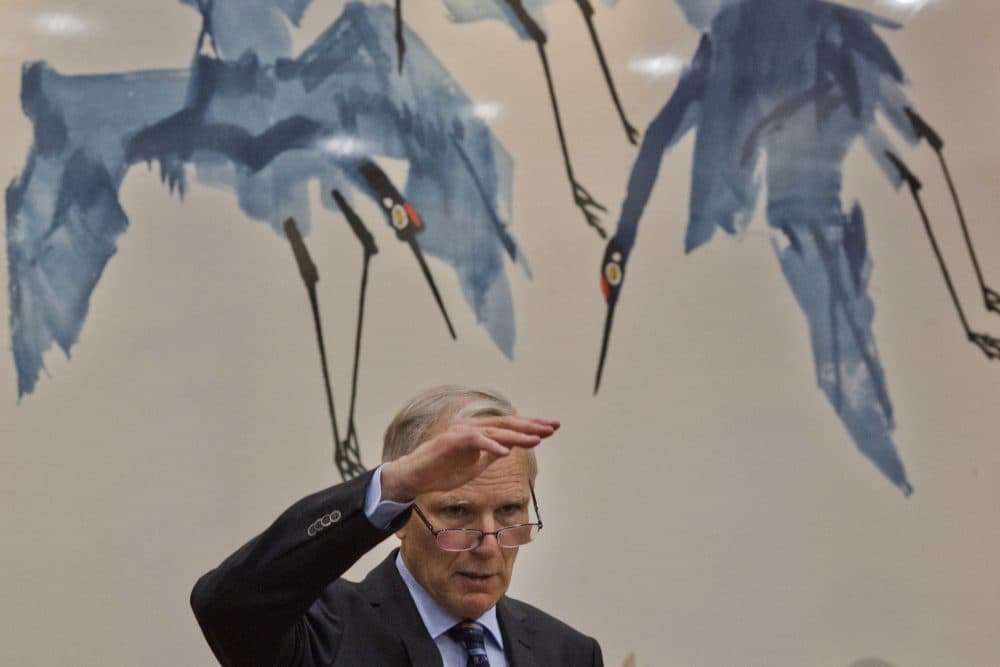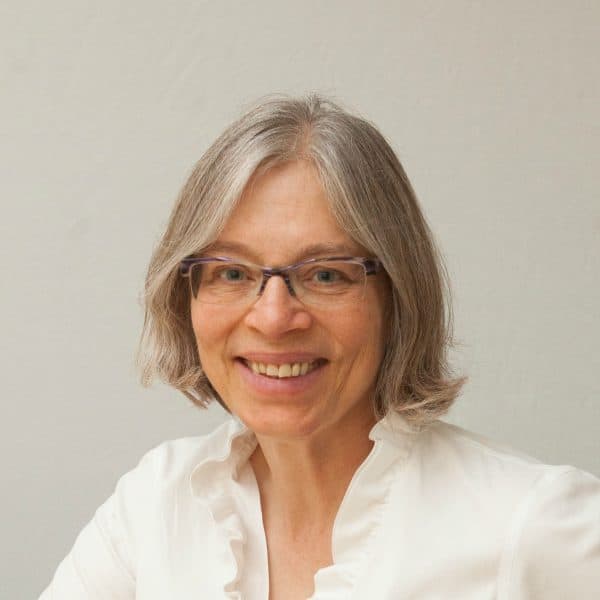Advertisement
Commentary
From A World Of Need, The U.N. Comes To America To Study Extreme Poverty

When a seasoned human rights expert who has traveled the globe arrives in America, crisscrosses our country for two weeks, and finds a depth of poverty that surprises even him, we need to pay attention.
Philip Alston, the U.N. special rapporteur on extreme poverty, landed in Washington, D.C., but his visit began in earnest in California, where he quickly took to the streets. He met with homeless people on Los Angeles’s Skid Row, where 2,000 homeless people reside. He later traveled to San Francisco’s Tenderloin district, where he listened to homeless residents. Next, the rapporteur — the name for an independent expert who reports to the U.N. regarding human rights situations on the ground — traveled to Alabama, where he saw and smelled the lack of basic sanitation infrastructure, finding homes that are not connected to the sewage system and whose owners cannot afford septic tanks.
What Alston observed is something those of us in the human rights field know all too well: Americans rank high among rich countries in maternal mortality, income inequality, incarceration, homelessness and lack of childhood education. About 14 percent of Americans live in dire poverty, with many more teetering on the brink. As the special rapporteur said at a press conference last week to report on his findings, “the social safety net is riddled with holes.” Instances of Zika and hookworm are on the rise. Alston outlined his preliminary findings, which will be formally presented to the U.N. in June 2018. He has conducted official country visits around the world, from China to Chile to Saudi Arabia.
In Georgia, Alston attended meetings with indigenous leaders, rural women and migrant activities. Traveling to Puerto Rico, the special rapporteur heard from Puerto Ricans about persistent poverty before and after recent hurricanes. In West Virginia, Alston observed the painful impacts of health care gaps, visiting with volunteers who provide free medical and dental care to individuals in desperate need. During this leg of his journey, Alston posted a photo that needs no words: a patient whose mouth was filled with blue-gray, rotting teeth, who could not afford dental care.
And, Alston pointed out, all of this is before the tax bill just passed by the House provides $1.5 million in tax relief to the wealthiest Americans, setting the stage for a complete shredding of welfare and other social supports in the name of fiscal responsibility. On his journey across America, Alston put faces to the numbers, posting stories on Facebook and Twitter to back up the data that we’ve heard so many times.
In his most devastating critique, Alston charged that poverty is undermining U.S. democracy. Average voter turnout in the U.S. is well below that in comparable developed nations. According to the special rapporteur, deliberate efforts to keep low-income people from voting — through onerous identification requirements, gerrymandering, felony disenfranchisement, criminalization of poverty and other targeted techniques — are working. Eventually, low-income people give up and stop trying, and government policies become even more tilted toward those with wealth.
For the past year, many of us have spent energy railing against the current administration, and with good reason. But as Alston points out, the dramatic level of extreme poverty in the U.S. did not happen overnight. It is the result of a longstanding indifference and a willful failure to learn from what is working to alleviate extreme poverty in other wealthy countries around the world.
Give the Trump administration, which could have rescinded the invitation, credit for not closing our door to this critical visit. But once Alston was here, senior administration officials did not make themselves available for meetings. Alston’s efforts to meet with Republican legislators were also rebuffed — “too busy,” they said.
Probably these leaders imagine that they are busy making American great again. But how much greater America would be if our national leaders turned away from shoring up the wealthy and used the special rapporteur’s visit to open a renewed dialogue on how to alleviate the extreme poverty and inequality that faces so many in our communities.
